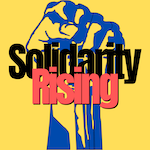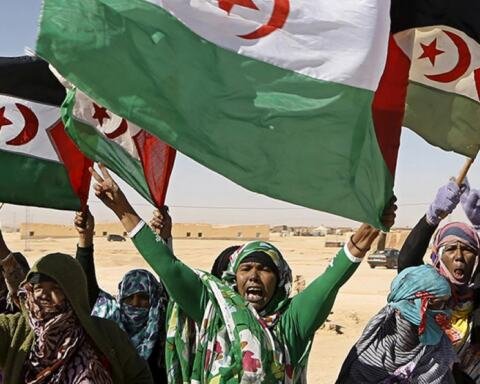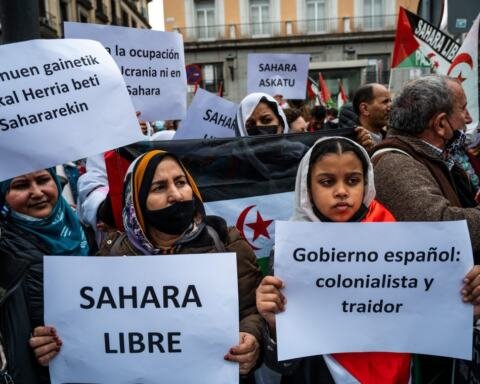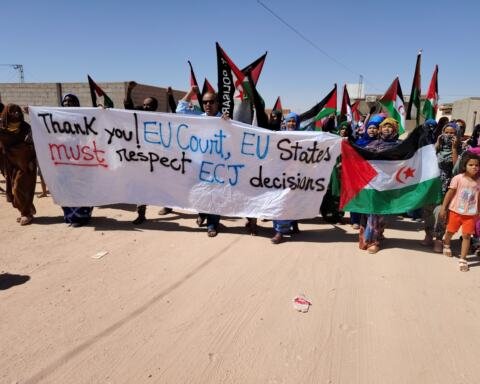On 26 February 1976, after almost a century of colonization, Spain withdrew from Western Sahara, throwing the territory wide open for Moroccan civil and military occupation and abandoning tens of thousands Sahrawis to their fate. More than four decades later, the Western Sahara, officially the last territory in Africa that remains to be decolonized, is still trapped in political limbo, divided into three parts: the areas occupied by Morocco, those held by the Polisario Front, and the refugee camps in Tindouf (Algeria).
Journalism is one of the many victims of this conflict, which has been forgotten by the media spotlight and left as a virtual news “black hole”. Morocco, ranked 135th in RSF’s World Press Freedom Index, controls information in the territory with an iron fist, ruthlessly punishing the practice of local journalism and blocking foreign media access. Torture, arrests, physical abuse, persecution, intimidation, harassment, slander, defamation, technological sabotage, and lengthy prison sentences are daily fare for Sahrawi journalists.
Despite the severity of Morocco’s repression and its policy of deporting foreign correspondents, and despite the silence on the conflict reigning in world media, Sahrawi reporters of a new generation are running extraordinary risks to keep the torch of journalism burning and to prevent Western Sahara from being buried under the sands of oblivion.
Full report
rapport_sahara_-_final_pdf2Source: Reporters Without Borders
AuthorReporters Without BordersYear2019Pages19LanguageEnglish
Share via
Related resources
The Western Sahara Dispute: A Cautionary Tale for Peacebuilders
The UN and MINURSO have succeeded neither inconducting a referendum nor in…
Western Sahara as a Hybrid of a Parastate and a State-in-Exile: (Extra)territoriality and the Small Print of Sovereignty in a Context of Frozen Conflict
Within the liminal universe of parastates, what makes Western Sahara/SADR…
The Front Polisario Verdict and the Gap Between the EU’s Trade Treatment of Western Sahara and Its Treatment of the Occupied Palestinian Territories
Morocco’s control over Western Sahara and Israel’s control of the West Bank…



